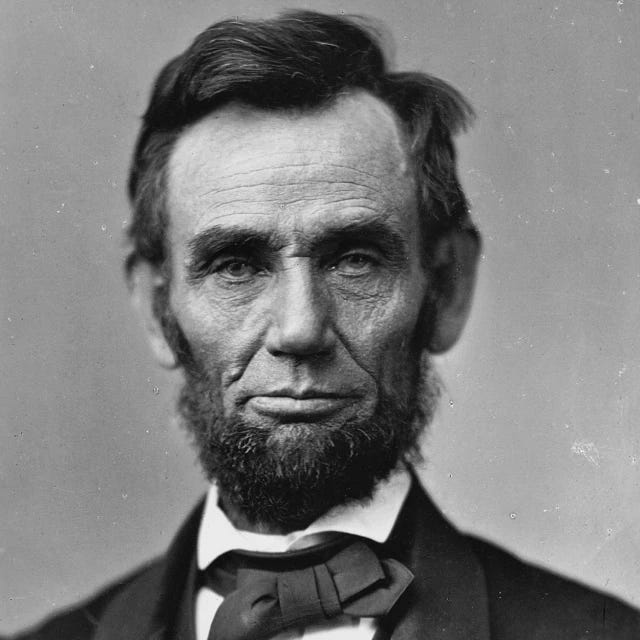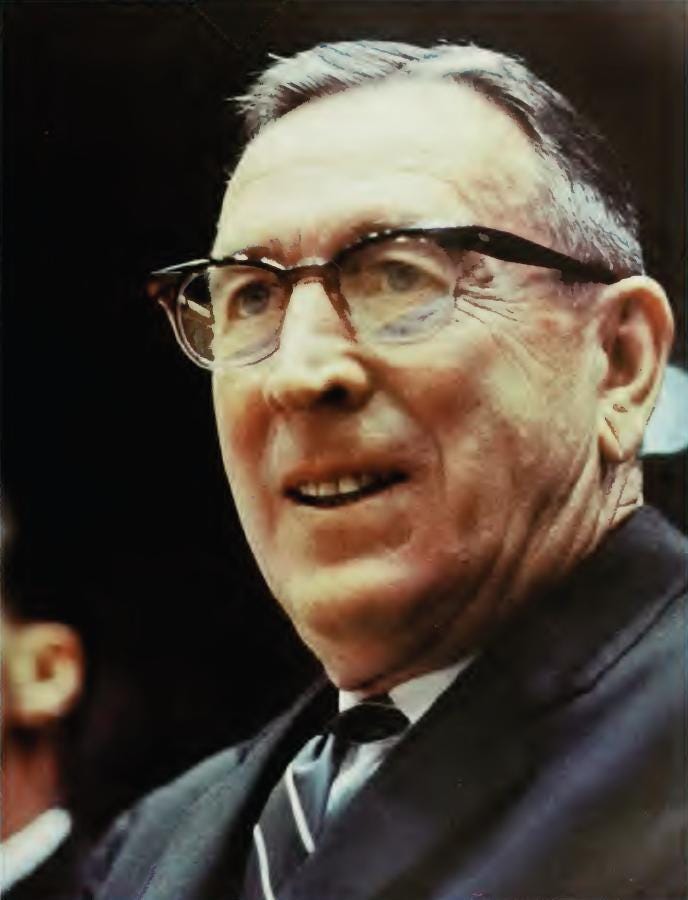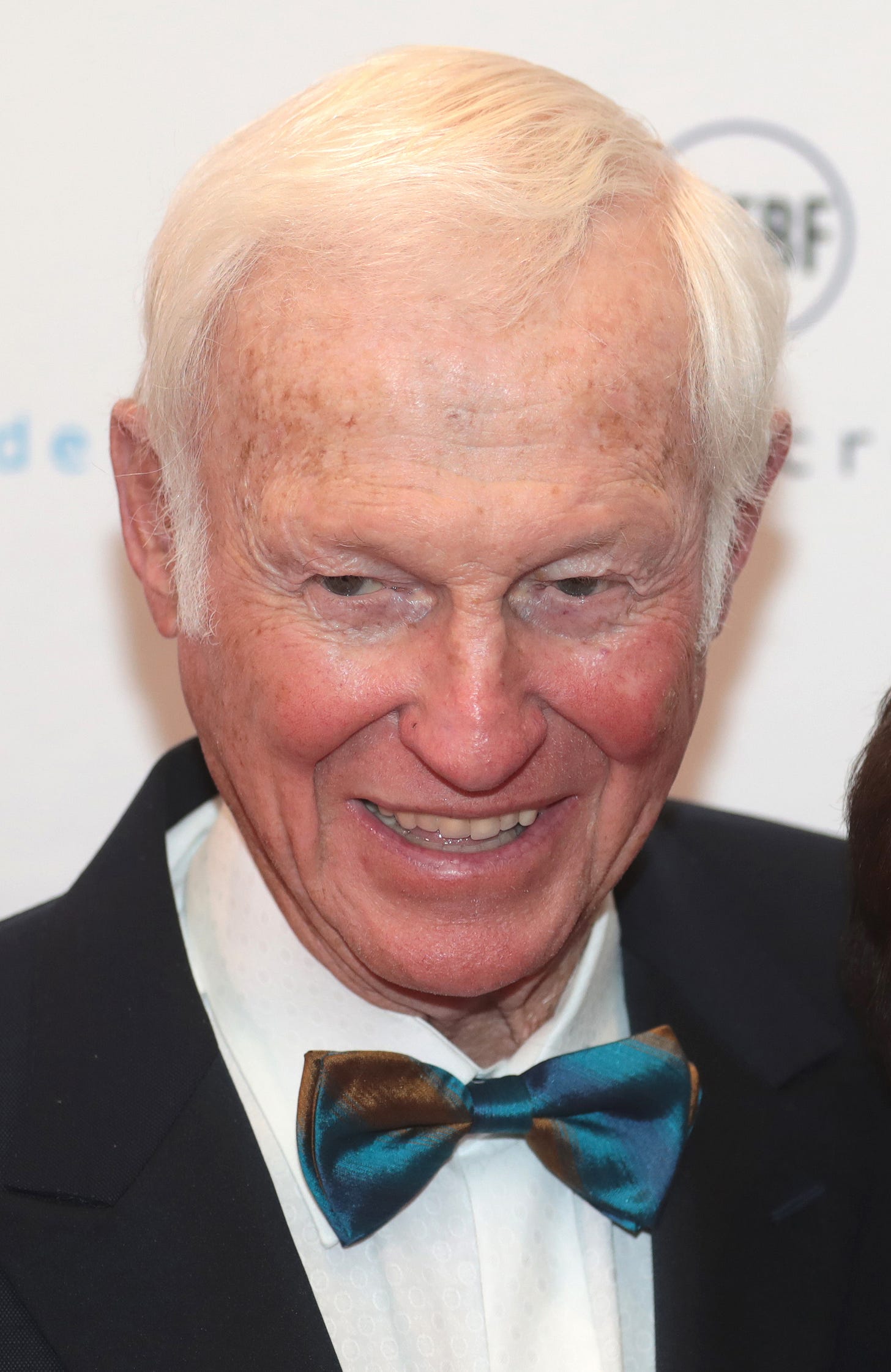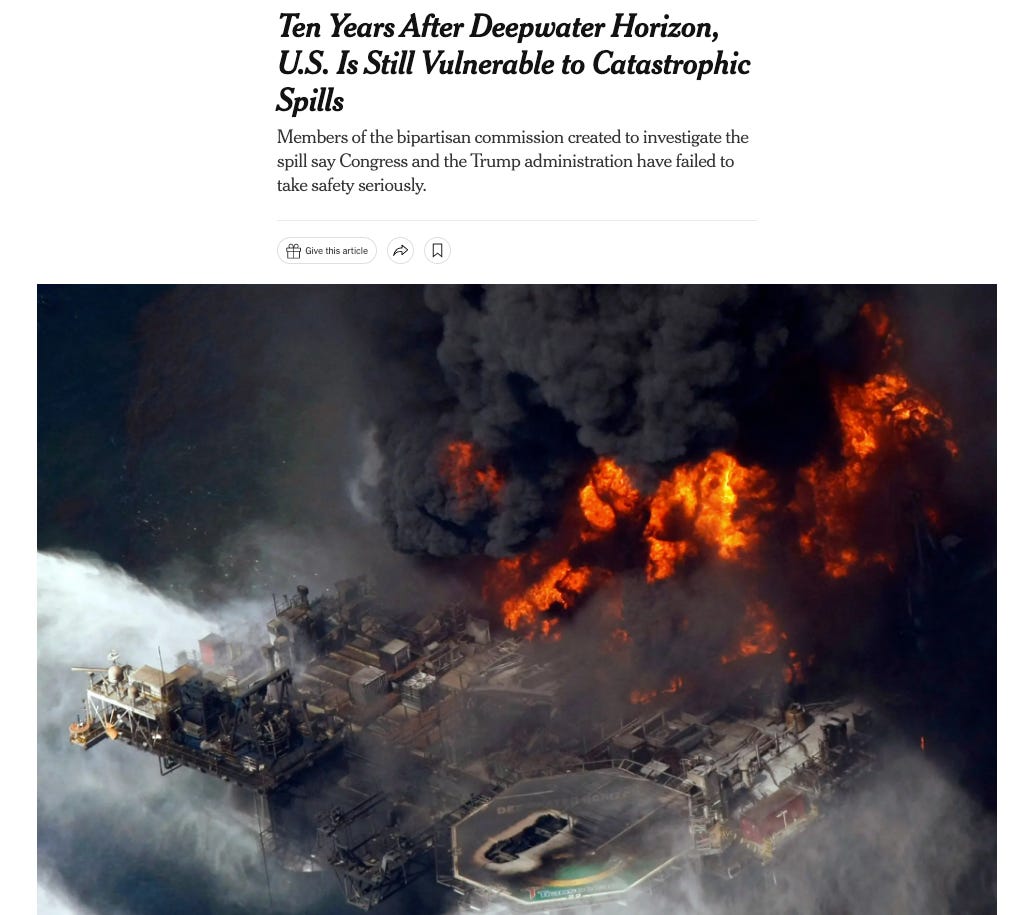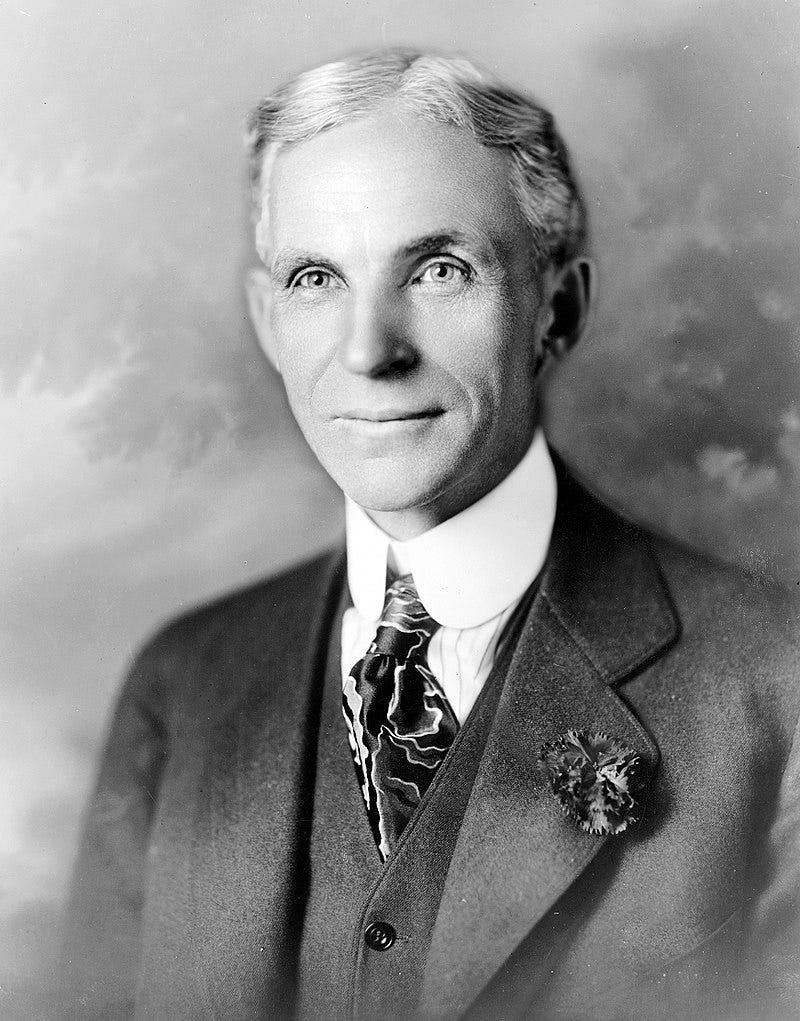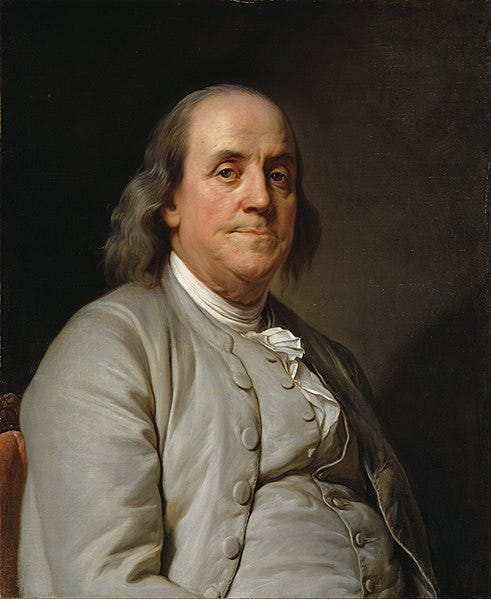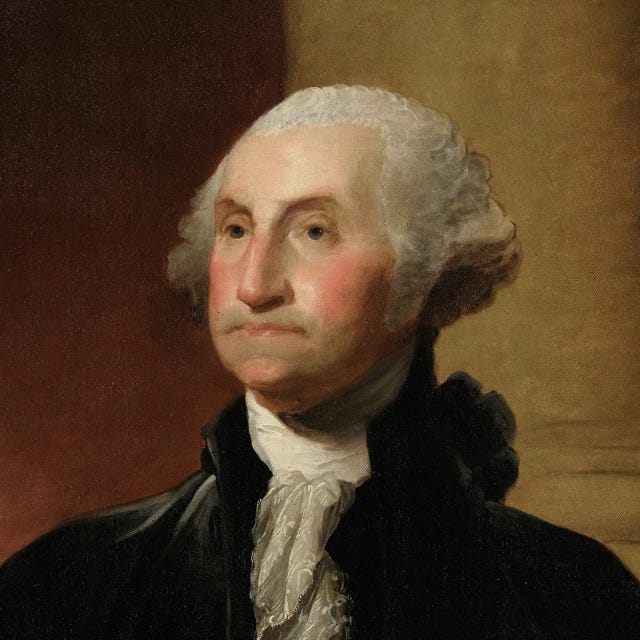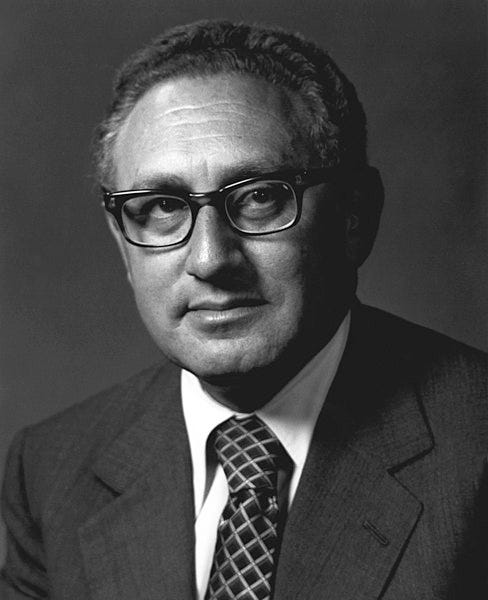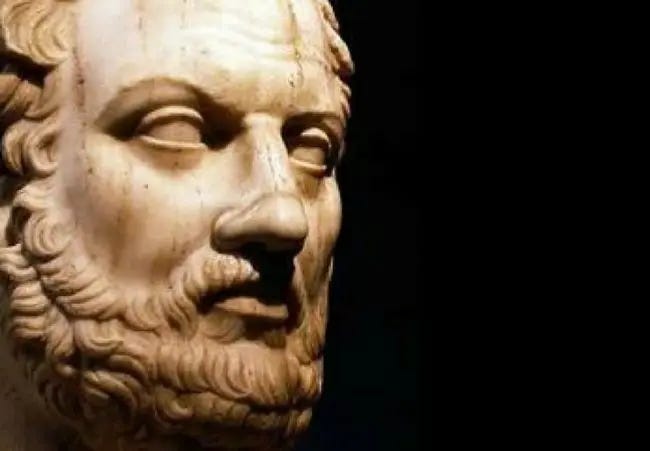What Is Reputation?
22 quotations illustrate the elements of reputation.
Before we dive deep into the concept of the “reputation algorithm,” we need to define our terms: Namely, Reputation and Algorithm.
Let’s start by considering what some prominent people have to say about Reputation.
22 Quotes: What Does Reputation Mean?
Character vs. Reputation
It is important to make a distinction between character and reputation, as these illuminaries point out.
1. Abraham Lincoln
Character is like a tree and reputation like a shadow. The shadow is what we think of it; the tree is the real thing.
Abraham Lincoln
Leave it to perhaps our most eloquent president to so vividly decribe the difference between character and reputation. Like our shadow, our reputation always proceeds us.
2. John Wooden
Be more concerned with your character than your reputation, because your character is what you really are, while your reputation is merely what others think you are.
John Wooden
I played touch football weekly for about twenty years with a whole host of people, some of which came and went, some of which returned week after week.
One of the many lessons I took away from that joyous experience was the undeniable fact that football (and sports in general) reveals character.
From the quarterback who made a point to get the ball into the hands of the little kids who came to play with us, to the grown-ass man who threw tantrums when a call didn’t go his way; each revealed their character on the field.
Legendary basketball coach John Wooden makes the point that ultimately, it is your character that matters most.
3. Wayne Dyer
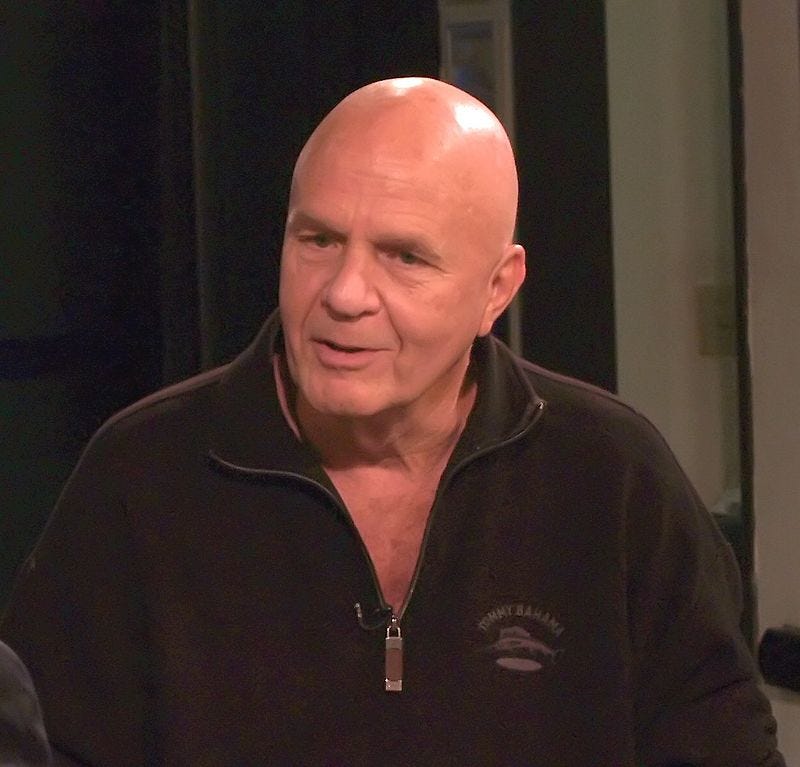
Your reputation is in the hands of others. That's what the reputation is. You can't control that. The only thing you can control is your character.
Wayne Dyer
I’ll take a bit of issue with the self-help author’s contention that you can’t control your reputation.
You can’t completely control your reputation, of course, but what you do and how you respond to events has an effect on your reputation, and that you can control.
How you respond to events will largely be dictated by your character, so while I quibble, we essentially arrive at the same conclusion.
Building Reputation
4. Harvey Mackay
You can't buy a good reputation; you must earn it.
Harvey Mackay
The Minnesota businessman says it plainly.
You can plow a massive advertising budget into attempts to define your reputation but if your promotional pronouncements don’t align with the experience people have with your organization, those ad dollars will be wasted and you may have cemented a negative reputation.
Twenty-plus years removed from the Deepwater Horizon oil spill disaster, BP is still running television ads on public affairs shows touting their alleged environmental friendliness.
And every time I see one of those commercials, I mutter an “F-you, BP” under my breath, largely because BP CEO, Tony Hayward’s response.
BP initially minimized the disaster, with Hayward called the amount of oil pumping into the gulf “relatively tiny” when compared to the “very big ocean.”
He later bemoaned the effect the disaster was having on disrupting his own life, saying, “You know, I’d like my life back.”
It was the response that has me cursing the company’s name these many years later despite the company’s expensive efforts to buy a good reputation.
5. Socrates
Regard your good name as the richest jewel you can possibly be possessed of -- for credit is like fire; when once you have kindled it you may easily preserve it, but if you once extinguish it, you will find it an arduous task to rekindle it again. The way to a good reputation is to endeavor to be what you desire to appear.
Socrates
The Greek philosopher has as good of a plan as any for building your reputation: “endeavor to be what you desire to appear.”
6. Henry Ford
You can't build a reputation on what you are going to do.
Henry Ford
The founder of Ford Motor Company makes the point that a reputation is built on actions not pronouncements.
Ford has a reputation as an industrial baron and as an innovator.
He founded Ford Motor Company and developed the assembly line technique that enabled mass production, thus lowering the costs of his Model-T automobile to make what was previously a luxury product affordable for middle class Americans.
Ford also has a well-earned reputation as an antisemite and a supporter of fascism. He published antisemetic content through his newspaper, The Dearborn Independent, and his book, “The International Jew.”
The Nazi regime awarded Ford the Grand Cross of the German Eagle, the highest medal the country could bestow upon a foreigner.
7. Jeff Bezos
A brand for a company is like a reputation for a person. You earn reputation by trying to do hard things well.
Jeff Bezos
Count me as saying yes to this first sentence but ahh…I don’t know to the second.
Yes, there is credit in trying and more credit in trying to do hard things and those actions can contribute to your reputation but more times than not, you are not likely to get credit for trying.
8. Joan Jett
I don't give a damn 'bout my reputation
I've never been afraid of any deviation
An' I don't really care if you think I'm strange
I ain't gonna changeAn' I'm never gonna care 'bout my bad reputation
Oh no, not me, oh no, not meJoan Jett
Joan Jett cultivated her image as a bad-ass.
As a female punk rocker in a music industry dominated by men, she wore her “bad reputation” as a badge of honor. She styled herself as a rebel and a trailblazer.
For Jett, her “bad reputation” was a good reputation to have.
Brands have gone the same route with enormous success; think Harley Davidson, Jack Daniels, and 1980s-era Apple computers.
9. Henri Matisse
An artist must never be a prisoner. Prisoner? An artist should never be a prisoner of himself, prisoner of style, prisoner of reputation, prisoner of success, etc.
Henri Matisse
I like this quote from Matisse because the French fauvist artist makes the point that reputation can be a constraint. Your reputation can inhibit evolution and deny opportunity.
It can lock others into a picture of who they think you are and therefore not consider you for what they may need.
The quote is a cautionary tale and an invitation to think of what you could become.
10. William Shakespeare
Reputation is an idle and most false imposition; oft got without merit, and lost without deserving.
William Shakespeare
The bard has something to say on the topic of reputation, as he does on most every topic.
He points to the often random and transient nature of reputation. Some individuals and/or organizations get a reputation they never earned while others lost a well-earned reputation through no fault of their own.
Ruining Reputation
Which leads us to the loss of reputation.
11. Warren Buffett
It takes 20 years to build a reputation and five minutes to ruin it. If you think about that, you'll do things differently.
Warren Buffett
12. Benjamin Franklin
It takes many good deeds to build a good reputation, and only one bad one to lose it.
Benjamin Franklin
13. Alexander Pope
At ev'ry word a reputation dies.
Alexander Pope
The billionaire investor, the Founding Father, and the English poet all point to the dichotomy of building and maintaining a reputation versus the one fatal slip that destroys that reputation.
14. George Washington
Associate with men of good quality if you esteem your own reputation; for it is better to be alone than in bad company.
George Washington
15. Henry Kissinger
Ninety percent of the politicians give the other ten percent a bad reputation.
Henry Kissinger
Both America’s first president and its former Secretary of State highlight the effect the company you keep can have on your reputation.
You are who you associate with.
16. Baltasar Gracian
A single lie destroys a whole reputation of integrity.
Baltasar Gracian
The Spanish philospher in one sentence lays bare the dangers deception poses to how people perceive your character.
The Value Of Reputation
17. Richard Branson
All you have in business is your reputation - so it's very important that you keep your word.
Richard Branson
The British business magnate reinforces Baltasar Gracian’s warning about truthfulness.
18. Publilius Syrus
A good reputation is more valuable than money.
Publilius Syrus
The ancient Latin writer is succinct. Without a good reputation, you can’t earn money and thus, it is more valuable than money.
Before people will give you money—either in exchange for good or services or in exchange for employment—you will need to earn their trust.
A good reputation is a major component of that trust.
19. Lynne Doughtie
Sponsorship is about putting your name and reputation on the line for someone else. It could be as simple as recommending someone for a new role, yet it's one of the most powerful cultural tools any organization has.
Lynne Doughtie
I like this quote from KPMG’s former CEO because it touches on the “company you keep” aspect of reputation that George Washington and Henry Kissinger address but also points to the value a good reputation can confer to another.
20. Paul Theroux
Gain a modest reputation for being unreliable and you will never be asked to do a thing.
Paul Theroux
This quote is brilliant.
We have all worked with unreliable people. They don’t get invited to meetings. They aren’t assigned to important projects. And they don’t get promoted.
Recovering Reputation
21. Thomas Paine
Character is much easier kept than recovered.
Thomas Paine
This quote from the American revolutionary and political theorist is interesting. At first, I assumed he meant reputation is much easier kept than recovered.
But after thinking about it, I’m not so sure.
The examples of people with bad character who change their stripes are few and far between.
But we have plenty of examples of people of high esteem who have destroyed their character, usually as a result of corruption through proximity to power.
22. Joseph Hall
A reputation once broken may possibly be repaired, but the world will always keep their eyes on the spot where the crack was.
Joseph Hall
This quote from the English satirist and moralist is just wonderful for the truth it highlights.
My reaction to BP’s failed response to the Deepwater Horizon disaster illustrates that my eyes have been clearly focused on the crack where the company’s reputation fractured.
Conversely, consider Johnson & Johnson’s response to the deadly sabotaging of its Tylenol product. Someone tampered with the product by injecting cyanide into Tylenol capsules, resulting in seven direct deaths of customers and the deaths of several others from copycat crimes.
Johnson & Johnson’s response was not merely to recall the tainted product but partnered with authorities to bring the perpetrator to justice AND the company developed the tamper-proof packaging which we are all familiar with today.
In the first example, the crack my eyes focus on highlight a company I will never trust due to its disasterous response to a disaster; the the second example, the crack my eyes focus on highlight a company that earned my trust.
The Elements Of Reputation
So what can we surmise about reputation from these quotations? What elements constitute reputation?
Reputation is not character but character contributes to reputation
Reputations are earned
Actions are the foundation for building reputation—for good or ill
Reputation can be fleeting
Reputations have tangible value
Reputations are won or lost in the response
Reputation Definition
I’ve always liked this quote attributed to Jeff Bezos: “Your brand [reputation] is what people say it is when you’re not in the room.” Insertion mine.
Your reputation is what people say it is.
It is indeed what people say it is but for our purposes, reputation is also how people react to an individual, brand or organization.
Therefore, I would propose this definition:
Reputation is the positive or negative opinion of an individual, brand or organization formed in response to actions taken or not taken by that individual, brand, or organization.



